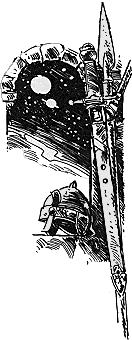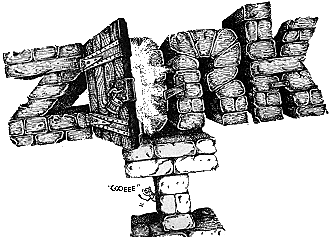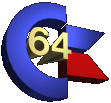|
'The first game I worked on after Zork I and Zork II was Starcross, which was a science
fiction game ... and a little bit on Zork III. Then Enchanter, after that; then Suspect
and most recently, last year, Spellbreaker, concluding the trilogy we started with Enchanter.'
Many people have said that of all the Infocom games, Starcross is the most difficult. So where did
Dave get the inspiration for such a masterpiece? 'I've probably read hundreds, more likely thousands of science
fiction books, stories magazines etc. I've always been interested. Starcross was really a homage to a
cross between Arthur C Clarke's Rendezvous with Rama and various Larry Niven stories. The Niven
connection is in the fact that there are a variety of essentially friendly aliens, strange devices and particularly
the stepping discs. The red and blue stepping discs that feature in a large number of problems are based on the
stepping discs from Larry Niven's Known Space stories.'
But as Dave added, Enchanter was very different to other games at the time because of its complex magic
system. 'Well, that comes from fantasy -- reading fantasy as opposed to science fiction! Really, Enchanter
was inspired by reading Ursula K Le Guin's Earthsea Trilogy which, I think, is one of the best
fantasy novels or series ever written. Enchanter, well ... most of our games really, take about nine months
to write. I'm not too sure whether Enchanter took slightly less or longer, thinking about it.
|




